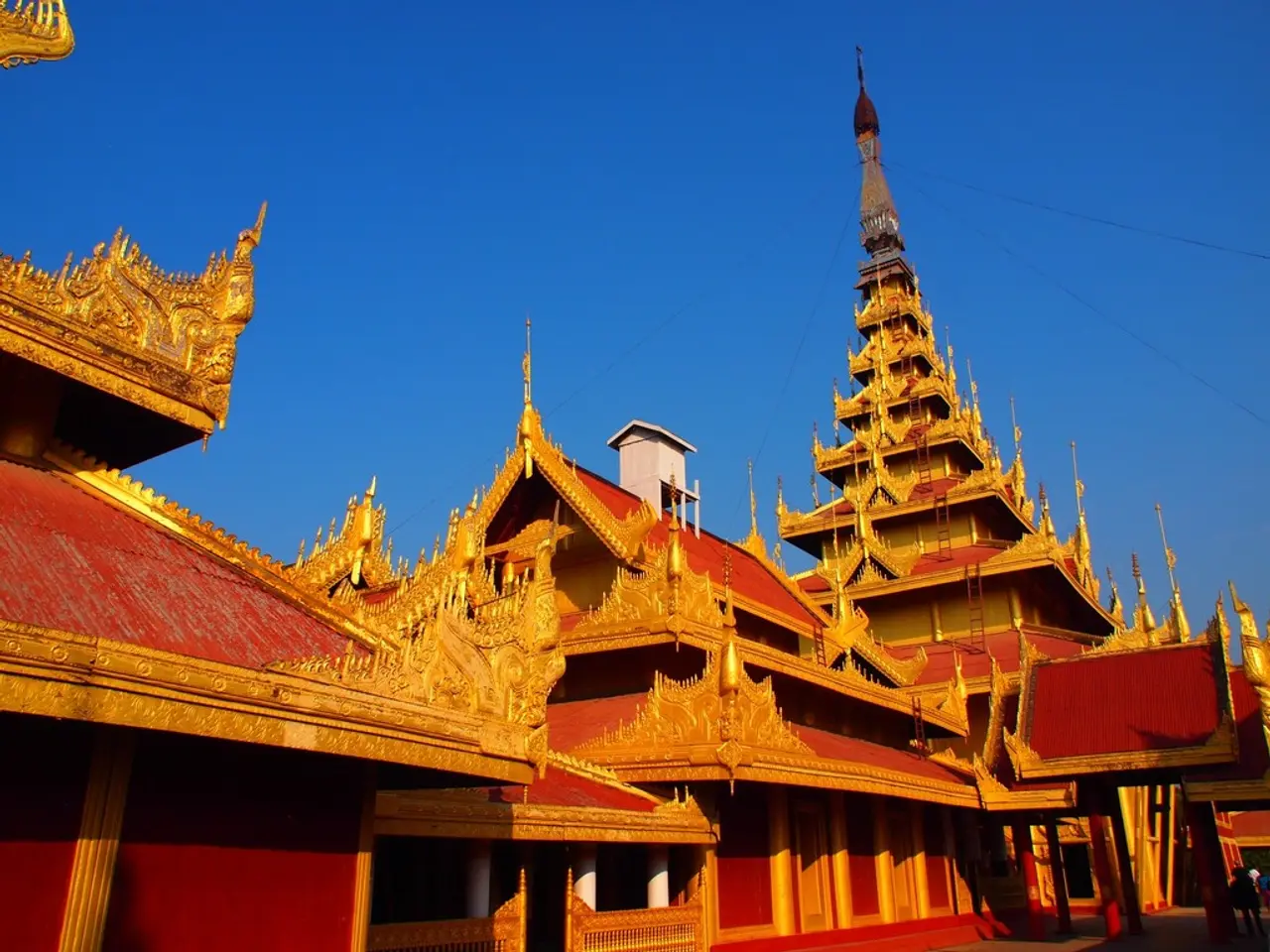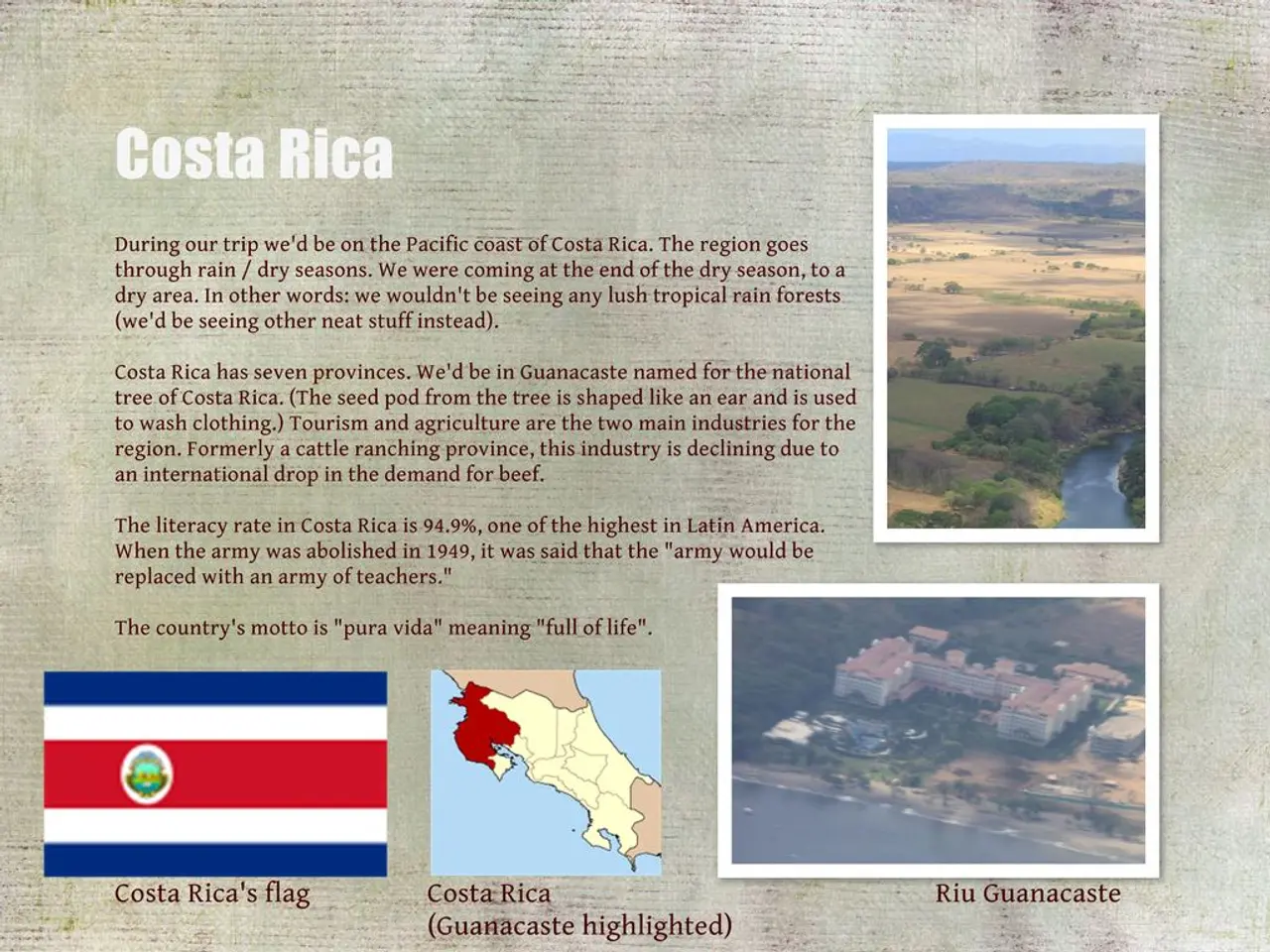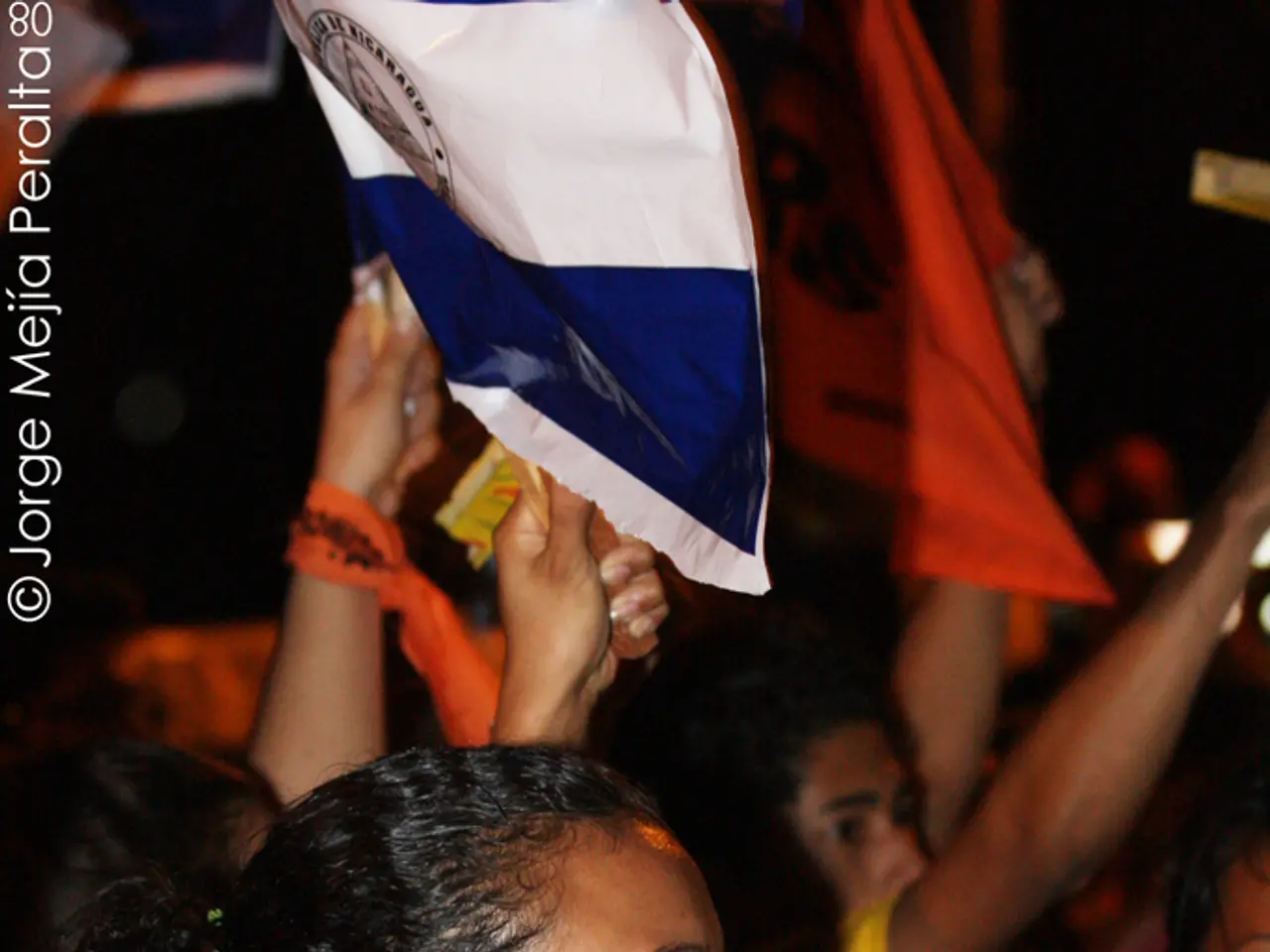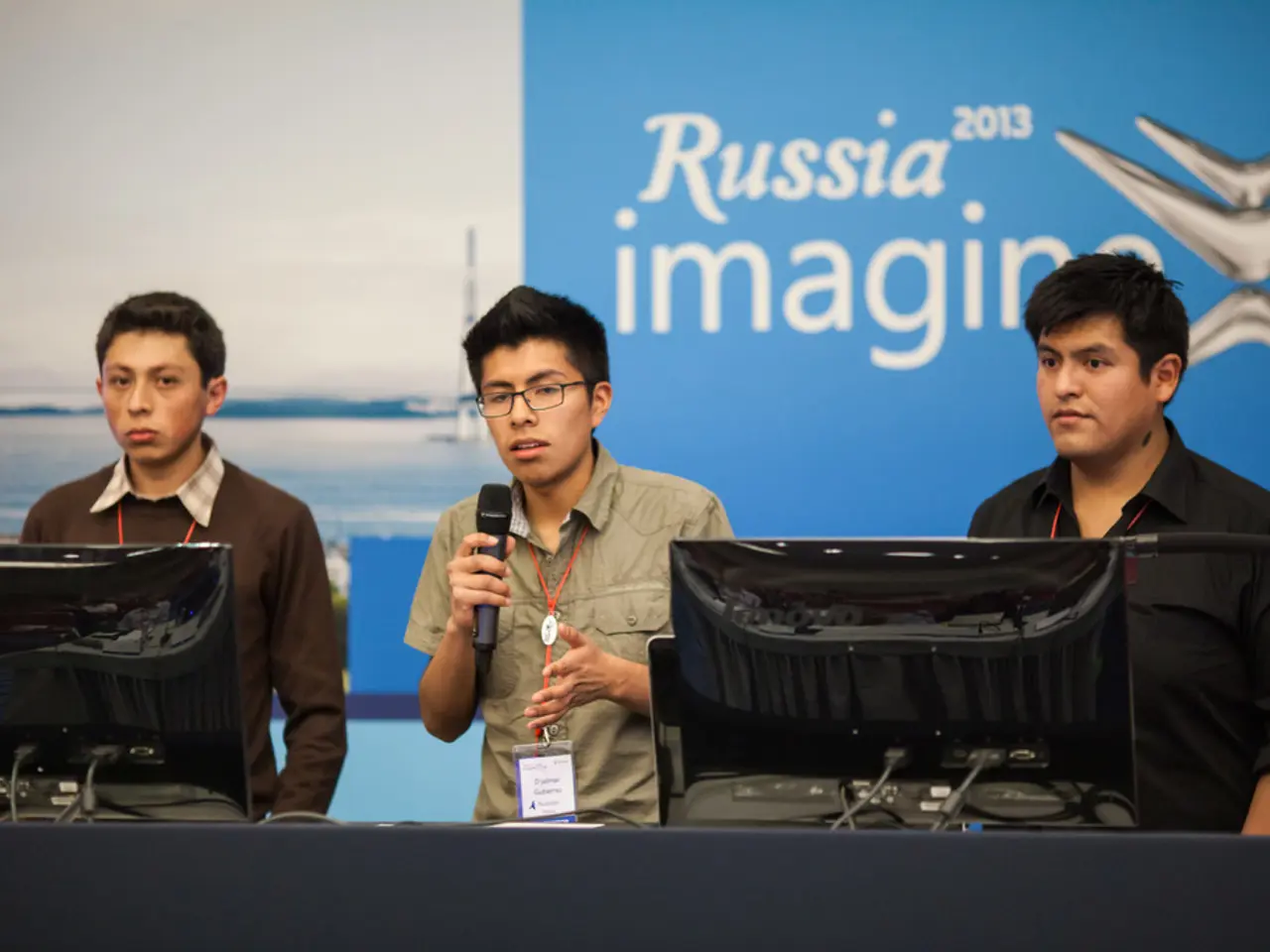Interim Government's Reaction Assessed: Ganatantrik Odhikar Committee Looking Back on Last Year's Uprising
In the first year of the interim government led by Chief Adviser Professor Muhammad Yunus, Bangladesh has made some progress in areas such as victim rehabilitation, justice, and governance reforms. However, concerns about the pace and effectiveness of these reforms persist, as highlighted in recent events including the Ganatantrik Odhikar Committee.
The interim government has publicly committed to restoring rule of law and addressing abuses from the previous regime, notably enforced disappearances and violent crackdowns during the July 2024 protests. Around 367 reform recommendations from various commissions have been marked for immediate implementation, with 37 already implemented. Reforms in areas like labor, women's affairs, local government, health, and information ministry have been initiated.
However, critics and civil society, including Amnesty International and CIVICUS, highlight a lack of meaningful reforms on NGO laws, fundamental freedoms protections, and comprehensive accountability. Some government actions are inconsistent with earlier commitments made in the July 2024 declaration.
The political environment remains tense and uncertain. The interim government has banned activities of the major political party Awami League and suspended its election registration, raising questions about inclusivity and democracy ahead of the planned February 2026 elections.
At a meeting chaired by Professor Anu Muhammad, speakers including Kollol Mostofa, Mosahida Sultana Ritu, Akram Khan, and Farhana Sharmin Imu discussed these issues, alongside the pace of judicial and political reforms, and ensuring justice and rehabilitation for victims of past abuses.
One of the key concerns raised was the government database initially designed to aid workers, but now reportedly used to blacklist labor activists, barring them from employment. Victims of the July violence are reportedly forced back onto the streets to fight for rehabilitation as there is a lack of a coordinated rehabilitation plan.
Kollol Mostofa pointed out persisting politicisation in the judiciary, where bail and case outcomes appear heavily influenced by power. Cases involving elites are swiftly resolved, while ordinary citizens face prolonged delays and injustice. He condemned ongoing mob violence and criticized the government’s failure to repeal repressive laws that have lingered for decades.
Monir Rahman Momin revealed that over 20,000 lawsuits against workers remain unresolved, exacerbating worker vulnerabilities. Despite the formation of eleven commissions, there is a reported absence of any meaningful employment or financial policy to address Bangladesh's growing unemployment crisis.
Farhana Sharmin Imu raised concerns about multiple government agencies maintaining conflicting victim lists. Professor Anu Muhammad raised alarms over unchecked mega-projects dependent on foreign loans and secretive international agreements that jeopardize national sovereignty. She also questioned why the mostly working-class injured seem to fall off the priority list, suggesting possible class-based neglect.
Engineer Zulfikar, former general manager of the rural electrification board, expressed frustration over the lack of progress in implementing rural workers' demands, despite government acceptance. He concluded that only through sincere coordination and reform can free and fair elections restore hope for the public.
Special powers laws remain intact, perpetuating ethnic, religious, gender, and economic discrimination that runs counter to the uprising's spirit. Professor Anu Muhammad called on the military to end the use of cultural institutions as barracks and urged comprehensive justice system reforms to ensure impartiality.
Akram Khan described a state-driven cultural war that marginalizes grassroots voices, includes severe budget cuts in cultural sectors, rising unemployment, and growing self-censorship among artists.
Today, the Ganatantrik Odhikar Committee held a meeting to review the interim government’s first year. Civil society continues to urge enhanced protection of rights and transparent implementation to avoid further democratic backsliding. Over 22,000 families have been affected by the violence in July.
The interim government's policies and legislation regarding NGO laws, fundamental freedoms protections, and comprehensive accountability have been criticized by various parties, impeding the progress they aimed to make. The Ganatantrik Odhikar Committee underscores the need for the government to address these concerns to prevent democratic backsliding.
The government database initially designed to aid workers is now reportedly misused for blacklisting labor activists, triggering discussions about worker rights and rehabilitation during a meeting chaired by Professor Anu Muhammad. This raises questions about the interim government's commitment to creating a fair and inclusive society.






